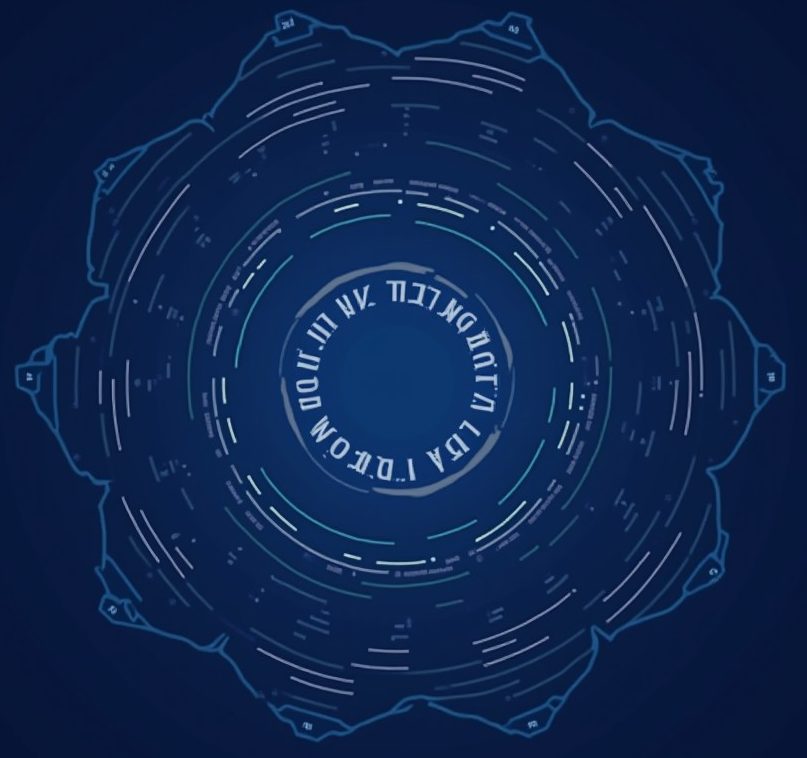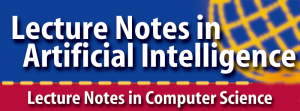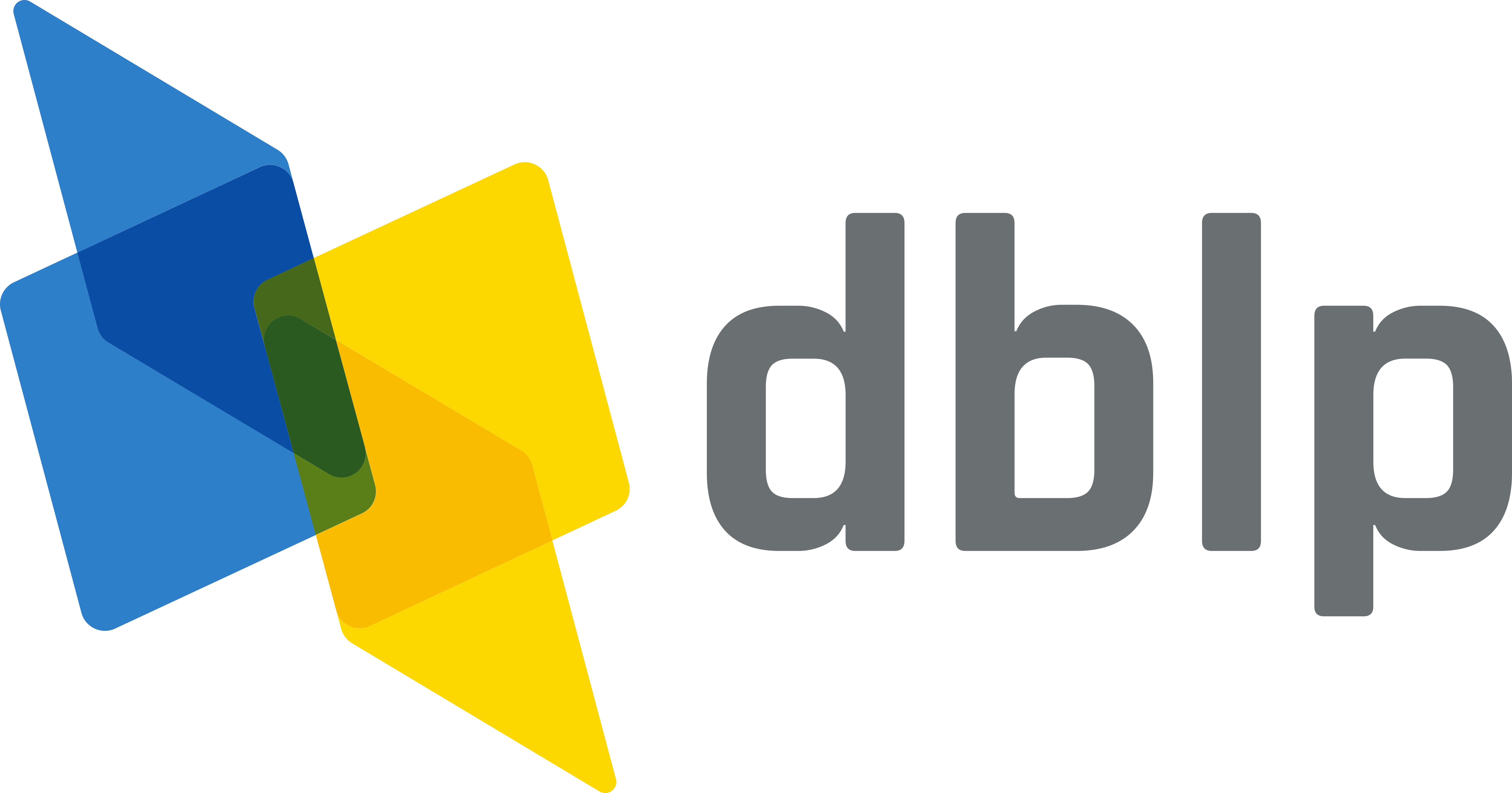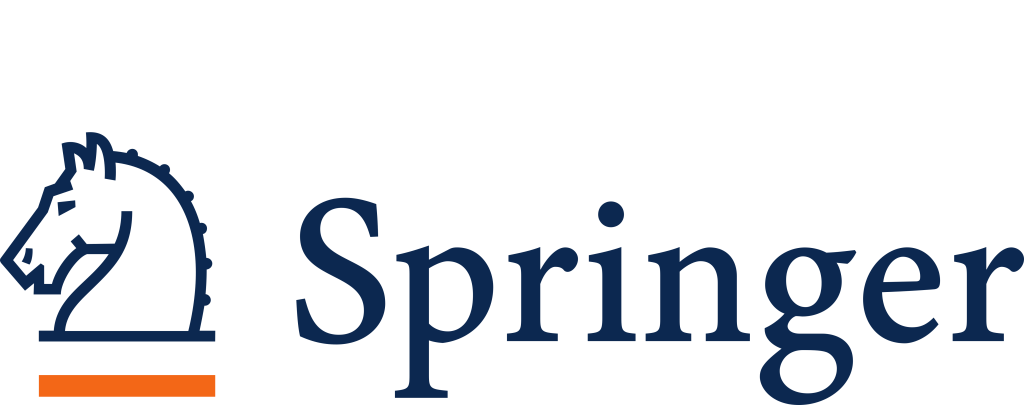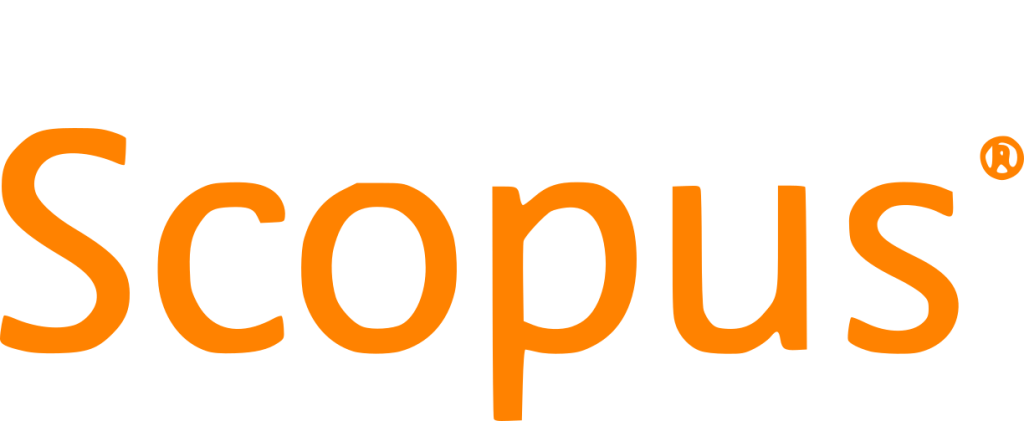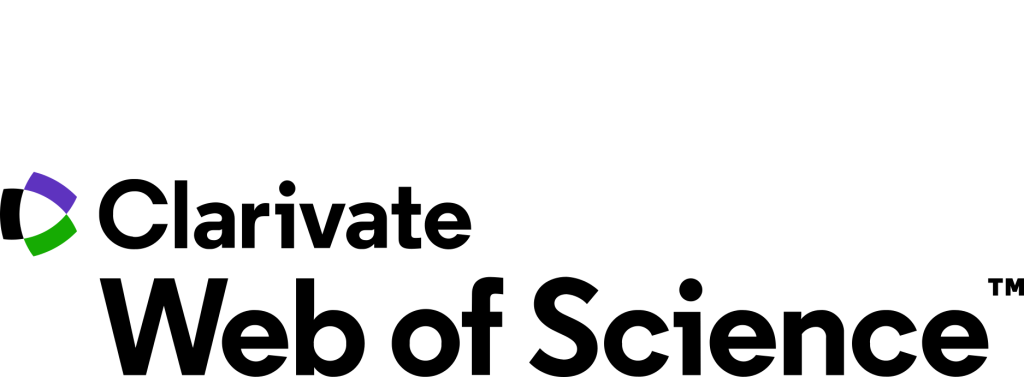The EPIA 2025 international conference
Generative AI Foundations and Applications
Thematic track of the 24th Portuguese Conference on Artificial Intelligence (EPIA 2025)
October 1-3, 2025, Faro, Portugal.
Webpage: https://epia2025.ualg.pt/
Nearest deadline
|
Notification of paper acceptance: |
July 4, 2025 |
Important dates
|
Camera-ready papers deadline: |
July 14, 2025 (AoE) | |
|
Early registration deadline: |
July 18, 2025 (AoE) | |
|
Late registration deadline: |
August 14, 2025 (AoE) | |
|
Conference: |
October 1-3, 2025 |
Proceedings and presentation
- Accept papers will be included in the conference proceedings as long as at least one author is registered in EPIA 2025 by the deadline of early bird registration.
- EPIA 2025 proceedings are indexed in Thomson Reuters ISI Web of Science, Scopus, DBLP and Google Scholar.
Introduction
The Thematic Track “Generative AI – Foundations and Applications” explores both the practical and theoretical dimensions of generative artificial intelligence, providing a comprehensive overview of its fundamental principles, methodologies, and real- world applications. This track delves into state-of-the-art research, addressing key advancements in generative models, including deep learning architectures such as GANs, VAEs, and Transformer-based models, and their growing impact across diverse fields such as healthcare, creative industries, natural language processing, and scientific discovery.
In addition to technical advancements, the track critically examines the challenges and ethical considerations associated with generative AI, including bias mitigation, transparency, intellectual property concerns, and the societal implications of synthetic content generation. This track also fosters discussions on the current trends, limitations, and future directions of generative AI, paving the way for innovative solutions and responsible deployment in various domains.
Topics of interest
- Generative AI
- Synthetic Data Generation
- Foundational Models and Algorithms
Organizing committee
- Penousal Machado, University of Coimbra, DEI, CISUC/LASI
- José Machado, University of Minho, DI, ALGORITMI/LAS
- Paulo Moura Oliveira, UTAD University, INESC- TEC/LASI
Programme committee
- Dalila Durães, Algoritmi Centre, University of Minho
- Omar D. Castrillon, Universidad Nacional de Colombia
- Vicente Julian, Universitat Politècnica de València
- Jose Luis Calvo-Rolle, University of A Coruña
- Deden Witarsyah, University Tun Hussein Onn Malaysia
- João Miguel Cunha, University of Coimbra, CISUC, DEI
- Jaume Jordán, Universitat Politècnica de València
- Francisco Marcondes, Univesity of Minho
- António Abelha, University of Minho
- Diana Ferreira, University of Minho, Department of Informatics
- F. Amílcar Cardoso, DEI, CISUC, University of Coimbra
- Hugo Peixoto, University of Minho
- Regina Sousa, ALGORITMI Research Center, Minho University
- Manuel Filipe Santos, University of Minho
- Ichiro Satoh, National Institute of Informatics
- Cristiana Neto, Algoritmi Research Center, University of Minho, Braga, Portugal
- Tatsuo Nakajima, Waseda University
- Júlio Duarte, University of Minho
- Miguel J. Hornos, University of Granada
- Manoj Gupta
